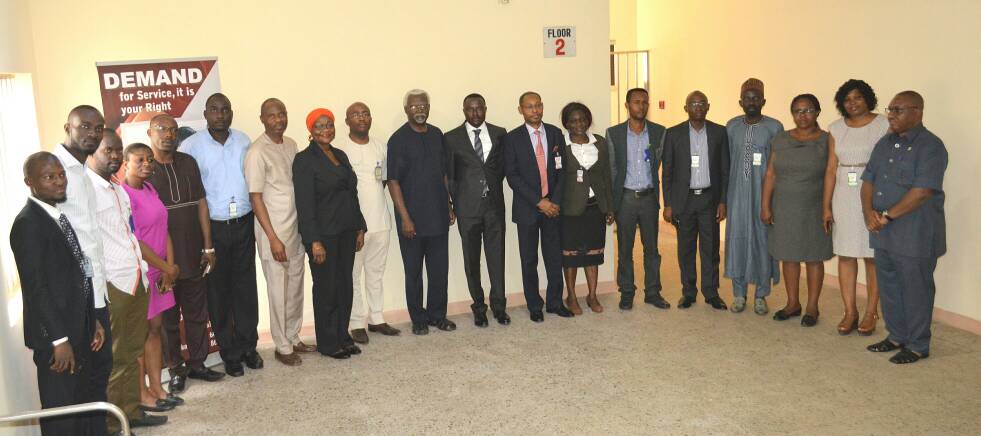Independent Corrupt Practices and Other Related Offences Commission (ICPC) and United Nations Development Program (UNDP), in collaboration with other anti-corruption stakeholders, have devised a new initiative to curb the menace of corruption in Nigeria.
The initiative tagged Accountability and Transparency Support Project (ACTs) is aimed at implementing anti-corruption measures in Ministries, Department and Agencies in relation to integrity plans developed during Corruption Risk Assessment (CRA) conducted earlier by ICPC. It is also designed to help the delivery of quality service in local government councils as well as to support Civil Society Organisations (CSOs) in policy and knowledge replication and advocacy.
Speaking at the Local Project Appraisal Committee meeting (LPAC) of the initiative which involved ICPC, Office of the Secretary to the Government of the Federation (OSGF), UNDP, Bureau of Public Procurement (BPP), Technical Unit for Governance and Anti-corruption Reforms (TUGAR) and CSOs at the Commission’s headquarters, ICPC Chairman, Mr. Ekpo Nta stated that having gone through the project document, he was convinced that the initiative would impact significantly on the efforts to rid the country of corruption.
Mr. Nta advised the representatives of the stakeholder organizations present to work diligently as the product will make an impact and effect the needed change in the country’s systems.
He further stressed the need for concerted action among the stakeholders. His words: “See yourselves as partners and also hope that, as you work together, your success story will be acknowledged by all including the international community.”
The ICPC Chairman also lauded the various past interventions of UNDP in the country’s anti-corruption campaign saying they have been invaluable.
In his address, the representative of UNDP’s Deputy Country Director of Programmes, Dr. Bolaji Kehinde, commended ICPC for being in the forefront of corruption prevention by working with an array of stakeholders cutting across educational institutions, CSOs and civil servants.
Dr. Bolaji said: “In order to put in place robust strategies for corruption prevention in Nigeria, ICPC is the major institution to partner with.”
He added that ICPC was the lead collaborating agency in its new project because UNDP had successfully collaborated with the Commission in the past with regard to Corruption Risk Assessment of the ports sector, airports, and ministries of water resources, health and education.
Dr. Bolaji further stated that the new project was also aimed at promoting fiscal transparency and access to information which are key in the anti-corruption fight.
He reaffirmed UNDP’s commitment to the vision of fighting corruption in line with ideas from previous interventions.


